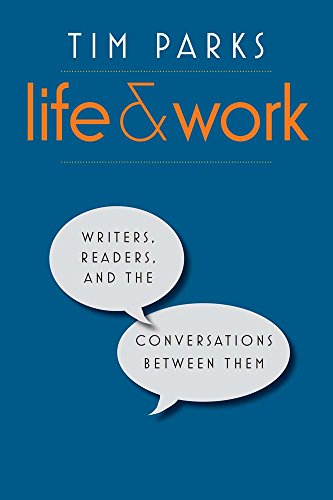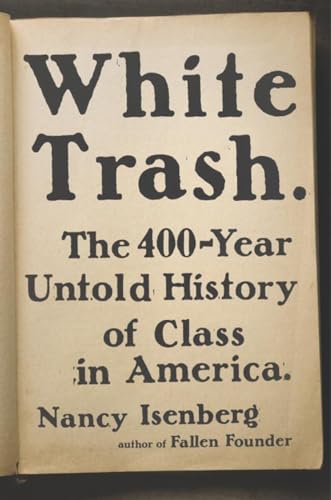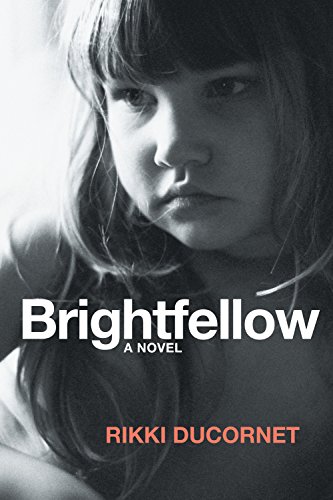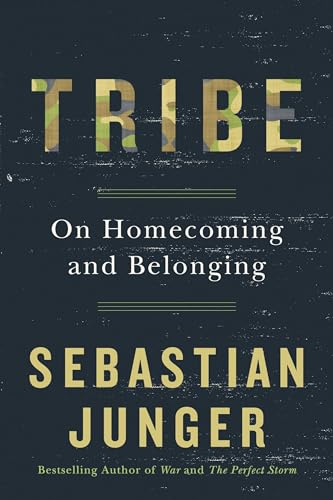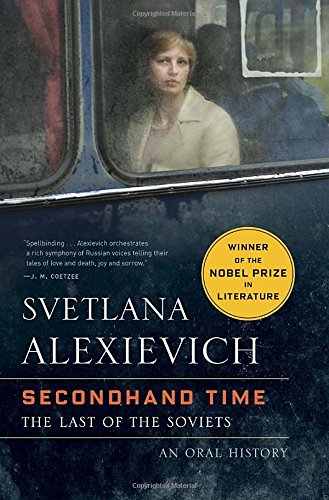
Heaney’s Aeneid: Book VI
In our post-colonial age we cannot help but see a more complicated story, find a different reading experience in these lines than did the generations of Victorian school boys who were raised on visions of a civilizing empire.



